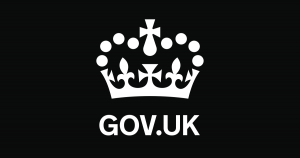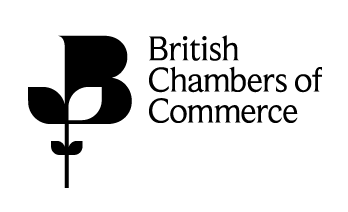
At the end of July the UK joined a groundbreaking agreement which is designed to grow the economy by boosting global digital trade.
After five years of negotiations, the UK and 90 other countries have finalised the E-Commerce Joint Initiative at the World Trade Organization (WTO), which will make trade faster, cheaper, fairer and more secure. It will help British businesses, workers and consumers seize the opportunities of global digital trade, which is estimated by the OECD to be worth around £4 trillion and growing.
Once implemented, the agreement will commit all participants to the digitalisation of customs documents and processes. This will in many cases end the need to print forms off and hand them over at customs – a slow, expensive and old-fashioned way of working.
The signatories to this agreement will also commit to recognising e-documents and e-signatures, reducing the need for businesses to physically sign contracts and post them around the world.
Global adoption of digital customs systems, processes and documents would increase UK GDP by up to £24.2 billion in 2023 UK GDP terms. Even partial adoption could represent a significant boost to UK GDP.
It also commits signatories to putting in place legal safeguards against online fraudsters and misleading claims about products.
Business and Trade Secretary Jonathan Reynolds said: "We are proud to play our part in securing the first ever global digital trade agreement, cutting costs for business and delivering on this government’s ambition to deliver economic growth.
"Britain is back and proudly playing her role as an outward looking trading nation. Global digital trade is already estimated by the OECD to be worth around £4 trillion and counting but no common set of global rules exist. This is a huge step forward in correcting that and ensuring British businesses feel the benefit."
William Bain, Head of Trade Policy at the British Chambers of Commerce, said: "This deal between the UK and 90 of its global trading partners is good news for business. We are expecting global trade to show good growth this year, but to sustain that we need initiatives like this.
global trading partners is good news for business. We are expecting global trade to show good growth this year, but to sustain that we need initiatives like this.
“It will boost digitalisation of trade documents across the globe and means British companies sending out electronic services, such as reports by email, won’t face customs charges or related costs.
“Our Chamber Network is involved in making millions of pounds worth of trade happen every day and we hope government will partner with business on implementing this initiative.
“To get the most out of this opportunity we need to ensure our borders are digital, alongside simpler customs and electronic documentation processes.
“We also need the UK, and other signatories to this initiative, to step up efforts to get more WTO nations to sign this agreement.
“Extending the benefits of digital trade globally is a win-win for developed and developing countries alike. This is a highly positive announcement showing how important boosting levels of trade will be to the UK’s economic growth.” Read Williams blog Digital Trade Enters New Era
For a UK financial services provider, doing business in any of the participating countries will require far fewer paper contracts and invoices, or manual signatures or authentication, as these will be replaced with their electronic equivalents.
Reaching this agreement is part of the government’s commitment to rebuild and strengthen global partnerships and stand up for the rules-based international order. It is an important step in modernising the global trade rulebook and furthering cooperation in the World Trade Organization.
Not only will the E-Commerce Joint Initiative deliver new growth opportunities for the UK, it also recognises the importance of supporting developing and least-developed countries, to ensure growth and prosperity for all.
Attention now turns to working with WTO partners to incorporate the agreement into the WTO legal framework. Once incorporated, UK ratification will take place.
View the WTO Joint Initiative on E-Commerce guidance





